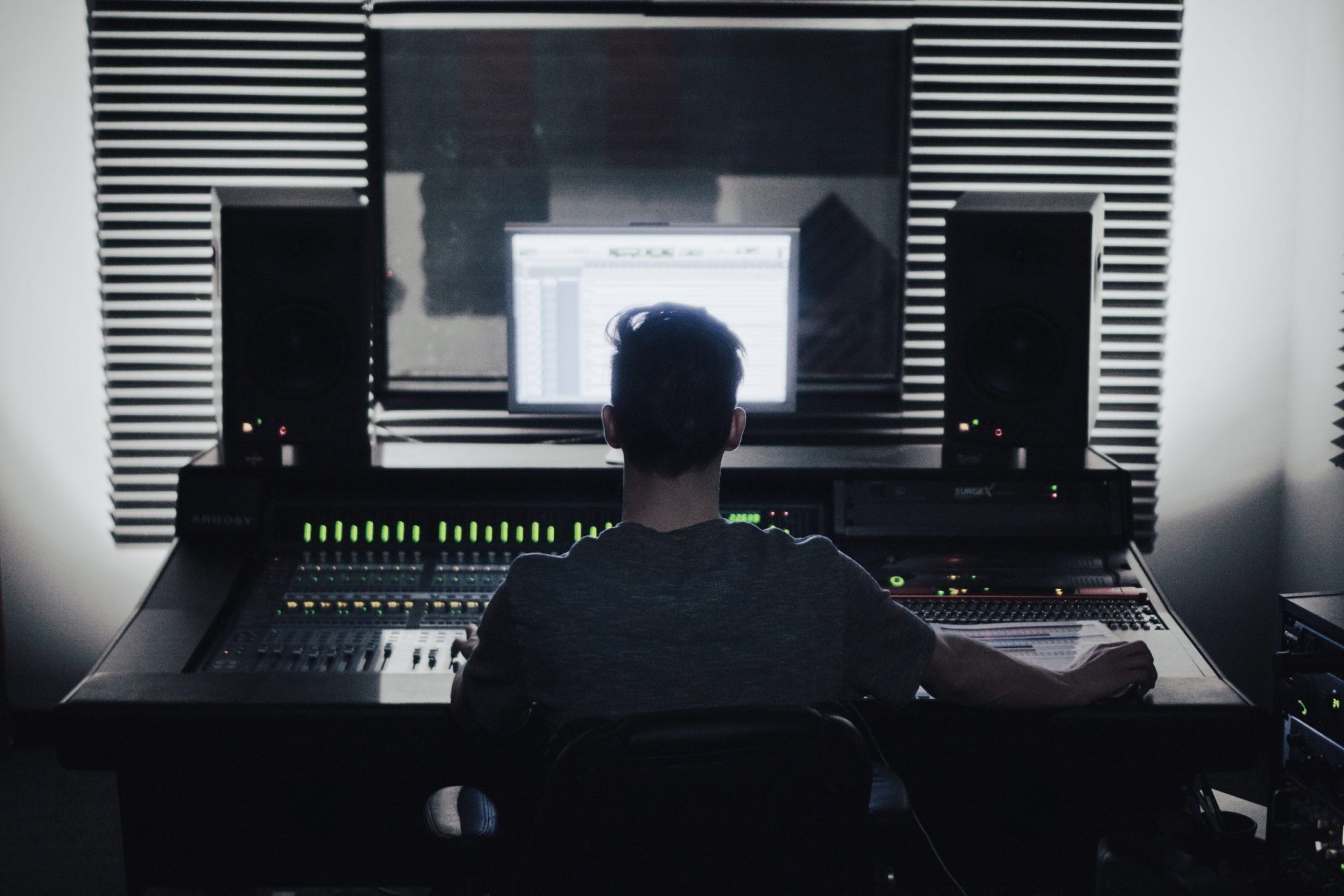7 Shocking Mistakes That Kill Your Mixes
As an engineer for 10 years there are some things I’ve been able to learn over the years. There are several things I can advise you as a beginner to avoid, but I’m just going to share the top 7, in no particular order.
1.Something From Nothing
The first thing to avoid is trying to turn sound into something it isn’t. Even as an engineer with years of experience, I am very careful with doing this. Why? It can take a lot of time and if it is not done right it tends to sound unnatural. Without experience, this particular feat is quite difficult, BUT this is not to say that you should never try this, you should. Get creative. We live in a digital age where anything is possible. Just don’t beat yourself up over it, let it be fun until you get the hang of it.
The problem with trying to get something from nothing is that you can spend hours or even days on trying to get it “perfect”. A lot of the times, the sound that’s there is going to be the sound. The key to mixing professional mixes is how good you can get the work to sound within in a given set of time. Some projects only have a budget for a few days, some only a few hours. Speed is a matter of knowing what your doing. The more you do it, the better you’ll know your tools and how to get something to sound the way you want it to. It comes around full circle though, if you don’t experiment you’ll never know how to get from Point A to Point B.
2. Dip your Toes In
Putting reverb on every track is something producers tend to do in fear of having a dry signal. It is important to know which reverbs belong to particular genres and trends. Limiting yourself to as few reverbs as possible can help you grow the most. This can be true for other effects too. Simplicity is key and less is more in some of these situations. Too much reverb causes problems all across the board so instead of getting your mixes to swim in reverb, it’s better to just dip your toes in.
3. Han Solo
Working in solo for too long is another mistake a young engineer can make. It can cause you to lose perspective quite rapidly when you are mixing single sound. Of course, working in solo is necessary to work on specific details, but as far as doing it for everything, it’s just not the best idea. Remember that the mix is about getting everything to work together. If you listen to something in solo, you may find that it doesn’t sound “good” on it’s own. That’s not a bad thing. Remember you want everything to work together.
*Extra Tip: If you’re working on an analogue console, the solo bus is not even the same circuitry as the main LR. If you solo something you’re not listening to it go through even the same path as everything else.
4.The Bigger Picture
Utilizing too much processing on a track is one of the biggest beginner mistakes made. This is something that takes time and skill to develop. It requires you to take some free time to mess around with it in order to get good enough to implement it into your more serious mixes. Basically, you need to develop your method before you get mad with it.
The problem with going in guns blazing is there’s more problems to fix toward the end. It’s basically like pushing the faders up instead of pulling them down. Before you know it, your destroying your master.
It’s best to be deliberate with everything you’re doing. Everything needs to make sense for the bigger picture. You need to be thinking about processing power (if you’re running a slower machine), important elements that need or don’t need a lot of processing, what elements are UN-necessary, and when the mix should or shouldn’t be balanced.
5. Clarity
Clarity is something that is essential in any industry. It is important to know what you want to. Take time to stop and think about what it is that you are trying to accomplish. In my experience, this saves frustration and time down the road.
6. A Mix is NOT a Master
Going for a mastered sound is something that is easy to fall into. There’s nothing wrong with wanting a fully polished record right from the get-go. This is another one of those things that requires time and experience in order to master. Getting the hang of perfecting the little details should be a greater focus before jumping into mastering. When you feel confident with your mixes, start diving into mastering. Unless you feel you’ll never be good at mixing, jump straight into mastering, but whatever you do stick with it. Either one of the two professions will take years to develop.
7. Don’t Smile Too Often
Adding tons of bass and treble is the last mistake I’ll mention (the smile curve). These should be treated as sprinkles on a cupcake – they shouldn’t overwhelm the track. They can translate poorly on speakers and can fatigue the ear. Unless you know in your bones that the track calls for it, don’t feel the need to do it.
Bonus Tip:
If you don’t have a well treated room, get yourself a great pair of reference headphones to mix on. You’ll be better off mixing on those than any untreated room with the best and most expensive studio monitors. I’ve mixed and mastered countless records on the road, in airports, and in hotel rooms on great headphones. All of which released through major labels. It’s the ear, not the gear.
